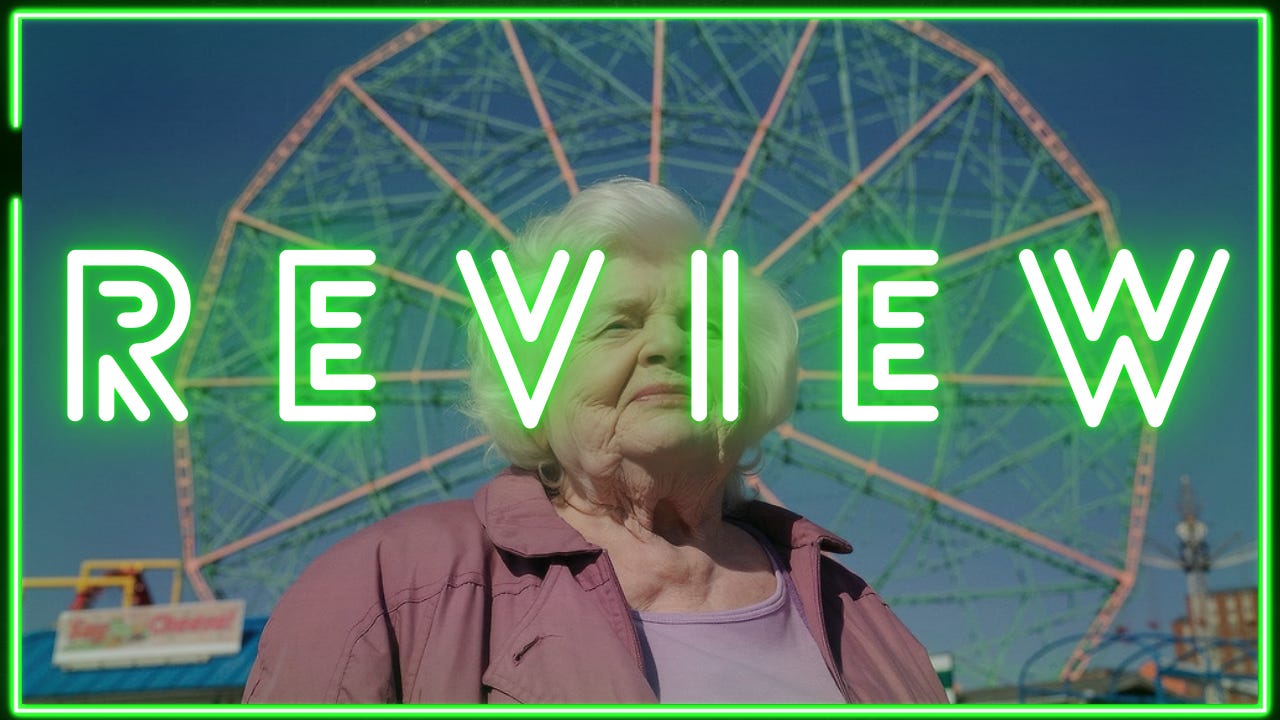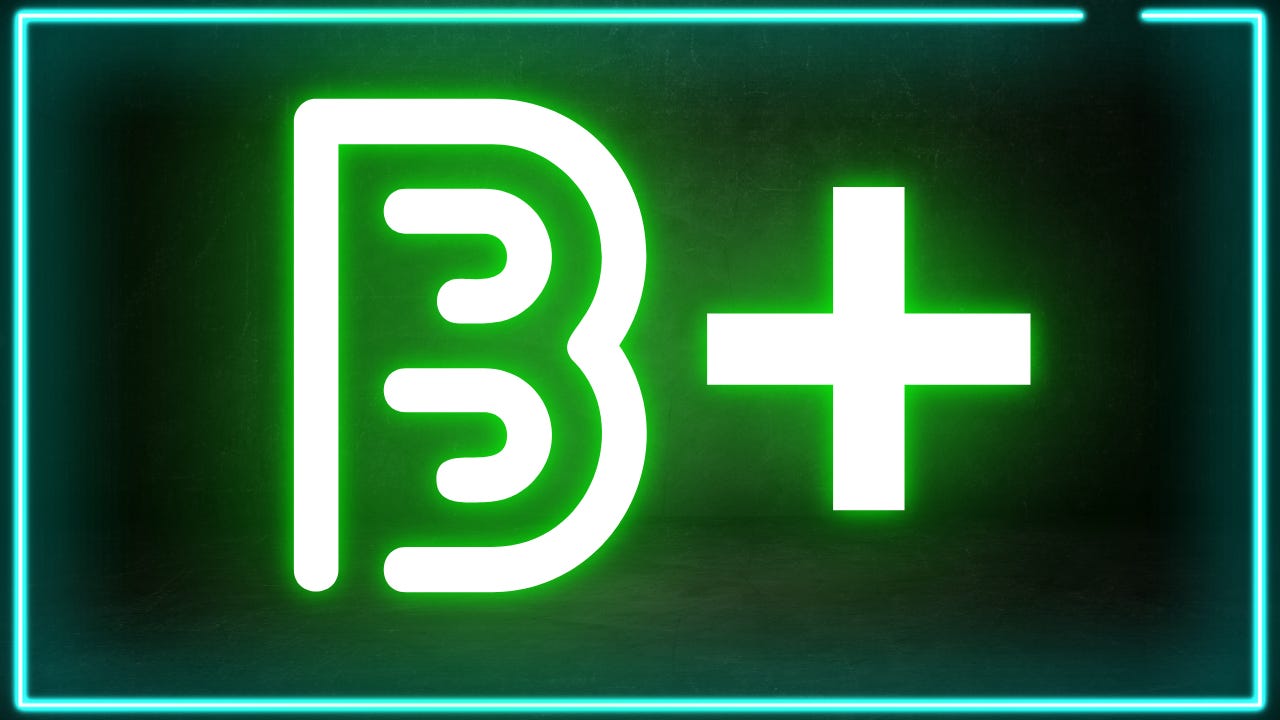Film Review: Eleanor The Great
Scarlett Johansson's Directorial Debut
INTRODUCTION
This is a quick review of the newly released film Eleanor The Great. Please note that this is just one of the many movies I will have watched each year, and my initial grade for this film may change over time, for better or worse. To stay up to date on my thoughts about other movies and any potential changes in my opinion on this one, follow me on Letterboxd.
If you enjoy these reviews, I’d greatly appreciate it if you could share this newsletter with family and friends who might love receiving film reviews, classic movie lists, and Oscars projections straight to their inbox.
PLOT
Via Letterboxd: Follows a ninety-year-old woman trying to rebuild her life after the death of her best friend. As a result, she moves back to New York City after living in Florida for decades.
REVIEW
Just before Jurassic World Rebirth weathered negative reviews and mixed audience reception to still make serious bank, Scarlett Johansson debuted her first film as a director, Eleanor The Great, at the Cannes Film Festival. Star June Squibb attended the premiere alongside her, and the two had already done the rounds together earlier in the year, presenting Best Makeup at the Oscars to the team behind the incredible work on The Substance.
Out of Cannes, the film earned mixed-to-positive reactions, a reception that repeated at Toronto’s own festival. Now, with its wider release imminent, that consensus hasn’t shifted much with what most people are calling a mixed bag. After watching it via screener link, I can see why - but I also came out higher on it than the average review out there.
First, let’s deal with the massive elephant in the room whenever tackling this movie. It’s not a major spoiler, but it’s also not something the marketing has been eager to address, for obvious reasons. Eleanor The Great is a dramatic comedy about a ninety-year-old woman who moves in with her daughter and grandson. Through a chain of coincidences, she ends up lying about being a Holocaust survivor; when in reality, it was her recently deceased best friend who lived through it. Yes, the plot hinges on a deception that will test how comfortable you are with awkward moral territory. If you found Dear Evan Hansen’s premise disturbing, you’ll have a read of whether this might be for you or not.
That said, Eleanor’s lie is framed less as malice and more as a desperate grasp for connection. Her family, wrapped up in their own busy lives, can’t provide the attention she craves. The film explores the loneliness that often shadows the elderly, a reality many of us will face ourselves if God is fortunate enough to let us live into our twilight years.
This is where the film hits hardest. Eleanor’s new bond with Nina (Erin Kellyman), a young woman also grieving a loss, gives the story its most affecting spine. Their shared grief, and the way Eleanor leans on her faith (while clumsily, through her fraud, as a crutch) leads to some surprisingly layered conversations. Few films today are willing to probe turning to one’s faith to deal with grief in such a raw way.
Squibb is unsurprisingly great as Eleanor. Even with the occasional clunky line, she grounds the character with warmth and vulnerability. I understood her loneliness instantly, and even as she dug herself deeper into bigger holes with her lie, I empathized with her desperation.
Of course, as the lie grows, so does the inevitable fallout. The climax delivers some genuinely emotional moments; I teared up more than once, thanks in no small part to a moving score, even as I caught myself wondering whether the film was tipping into emotional manipulation of me or not.
The ending will definitely spark some debate. There’s a faint whiff of a cop-out in how the resolution plays out, and the film’s pacing stumbles here and there. Some supporting roles, particularly Chiwetel Ejiofor’s, feel underwritten and could’ve used more substance.
Even with those flaws, though, the film moved me. That counts for a lot. Johansson’s direction is competent and shows promise if she decides to direct again. Squibb’s performance, combined with the film’s examination of grief, loneliness, community, and faith, elevates it above some of the criticisms I have. This feels like the definition of a film your parents or grandparents would connect with and perhaps cry to, as I did. I give Eleanor The Great a softer side of an intial B+ grade.
“TL;DR”
Pros: Competent debut direction from Scarlett Johansson; Great performance from June Squibb; Very affecting score, Tackles faith in the face of grief in ways not enough modern films touch on.
Cons: Filmmaking at times feels like a high-budget straight-to-streamer; Some story beats can make the pacing feel off at times; Certain supporting roles could have used more depth; Could be accused of being “emotionally manipulative”; Tackles a very prickly plot.
GRADING




